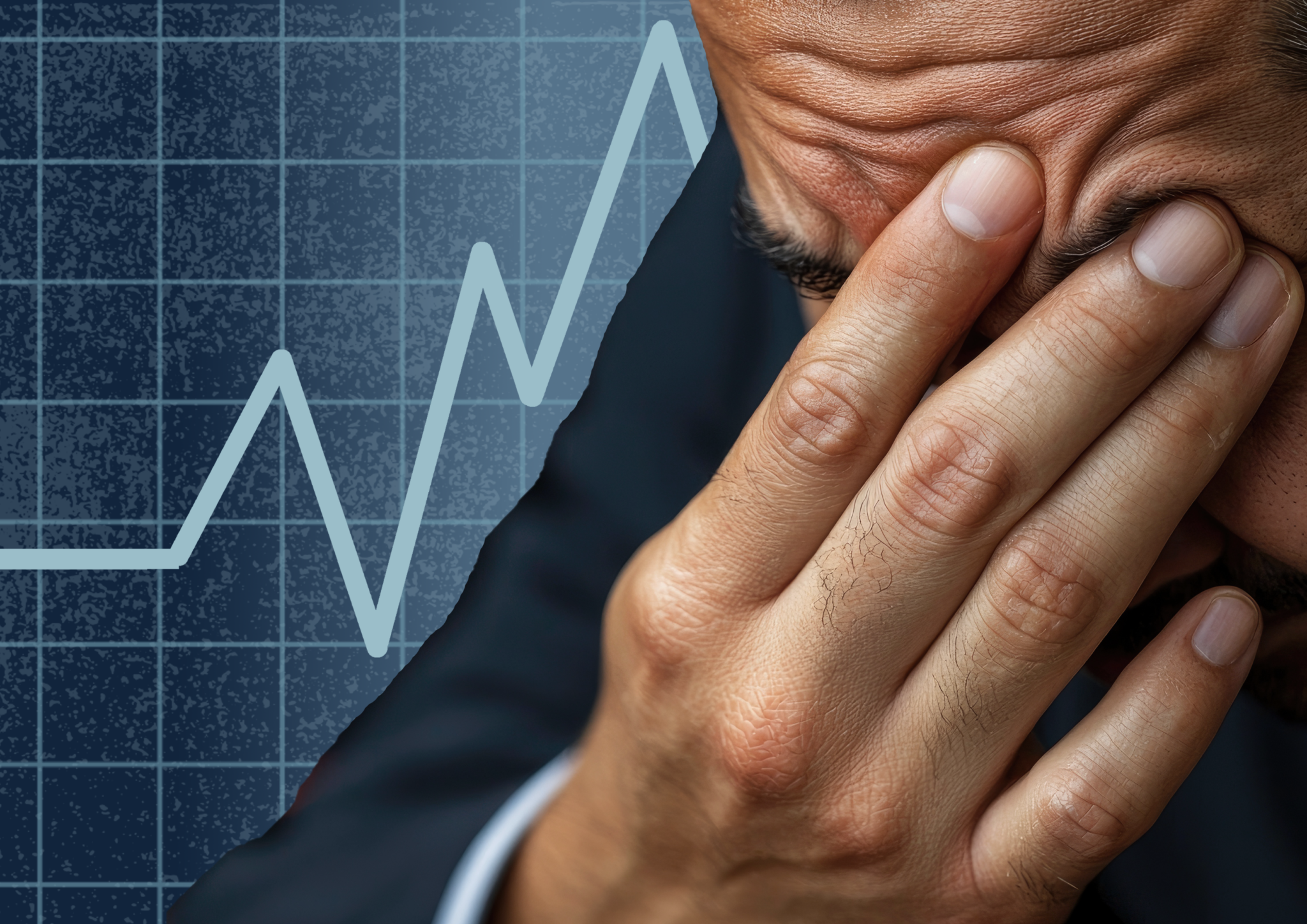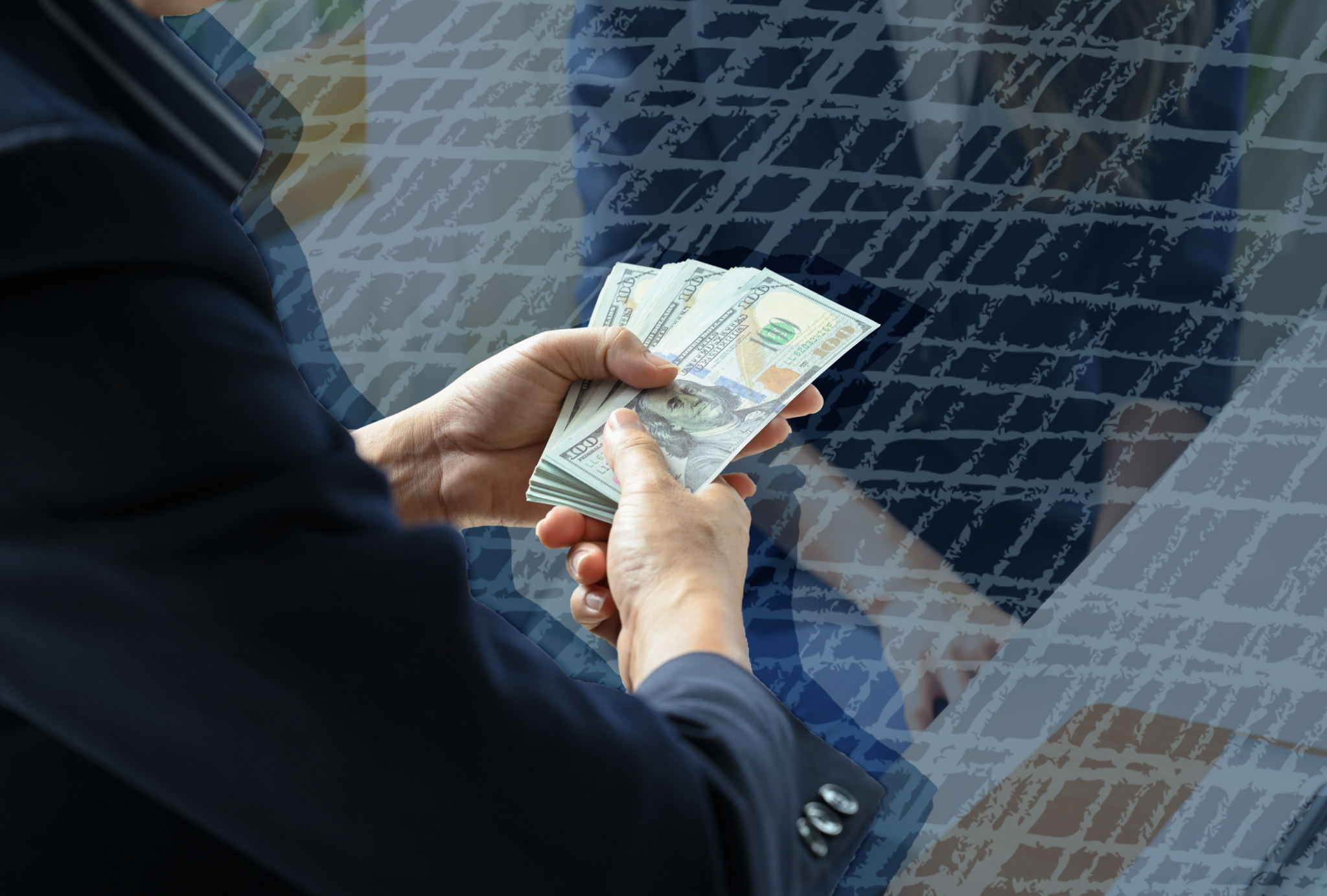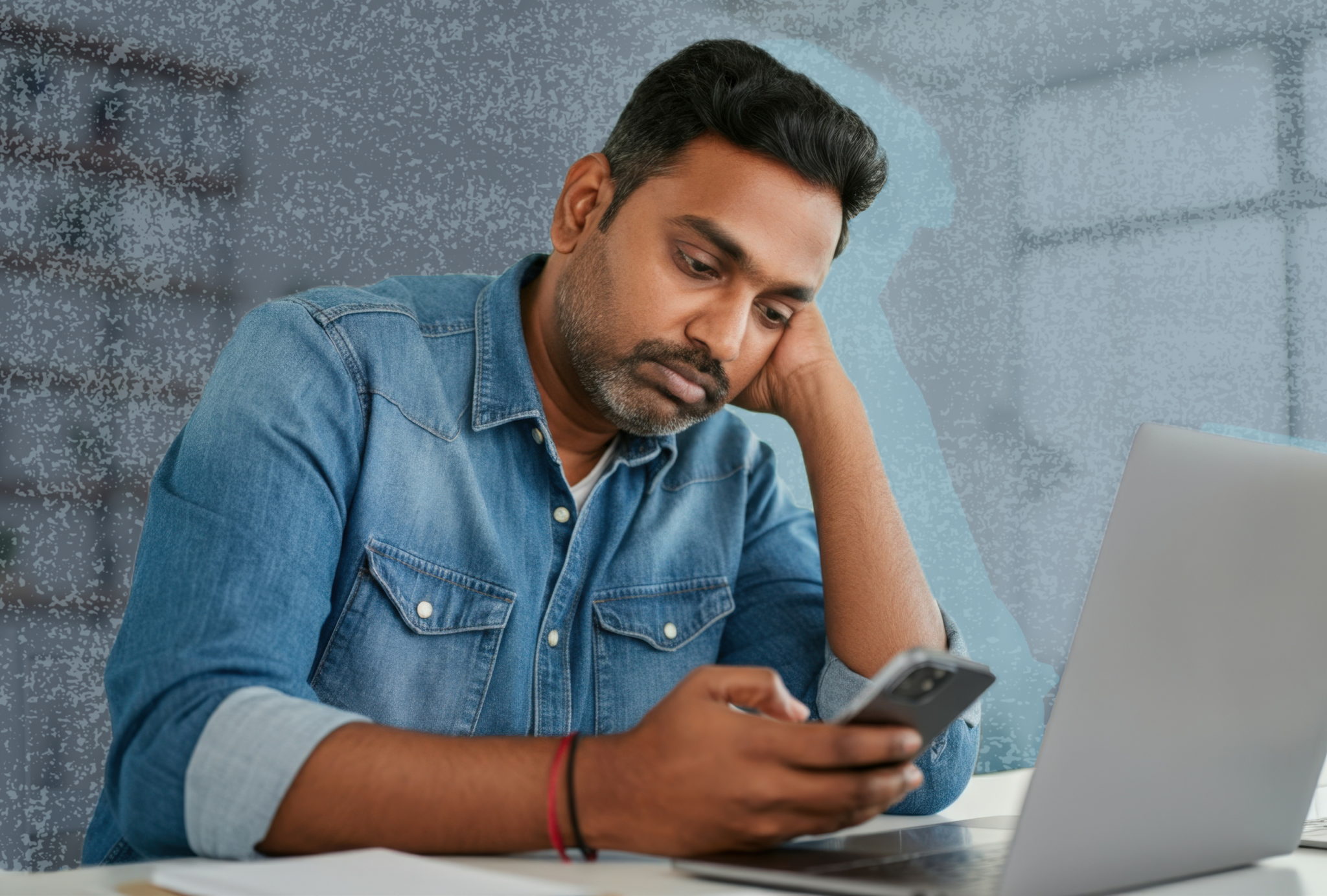
Despite financial prosperity and digital connectivity, Americans today are reporting higher levels of loneliness, lower happiness, and growing disengagement at work than ever. These shifts are reshaping consumer behavior in profound ways. Businesses that understand these emotional undercurrents will be best positioned to design products, services, and experiences that truly resonate.

Why It Matters
Loneliness doesn’t just impact mental health—it affects consumer behavior. Studies show that lonely people spend more time shopping online, seeking parasocial relationships with influencers, and gravitating toward brands that foster community (Time Magazine).
How It’s Impacting Consumer Behavior
Consumers aren’t just buying products—they’re joining identity-driven micro-communities (e.g., fashion subcultures, niche fitness brands, digital book clubs). With loneliness rising, people are turning to AI-powered friends, therapists, and even romantic chatbots to find companionship. The chatbot app Replika has seen a surge in demand in the last year due to this shift in need of AI companionship (Harvard Business School). Physical spaces that foster real-world connections (e.g., co-working clubs, experiential retail, social wellness centers) are thriving as people seek to establish meaningful human connections.
So What? Designing for Connection
Companies should look to infuse community into their brand. Building forums, events, and digital spaces where consumers can connect with each other—not just their product. Designing for connection to create belonging is what customers are looking for. Brands that create shared experiences, like Lego’s Idea platform or physical store spaces, are ones to watch. The future is about brands acting as catalysts for real-world human interaction.

What’s Going On?
Americans are financially better off than they were a decade ago. Real disposable income per capita has risen 9% since 2019 (U.S. Treasury). Yet, happiness levels are falling—the U.S. recently dropped out of the world’s top 20 happiest countries (World Happiness).
Why It Matters
Consumers are shifting away from material goods and toward purchases that promise emotional fulfillment. Brands that help people find meaning, whether through storytelling, nostalgia, or purpose-driven experiences are gaining loyalty.
How It’s Impacting Consumer Behavior
The rise of emotional spending is prompting people to purchase products that evoke emotions, fueling growth in nostalgia marketing (e.g., Y2K), mood-boosting products, and luxury experiences. Now more than ever, consumers increasingly align spending with personal values, supporting sustainable, ethical, and mission-driven brands. Patagonia, Aēsop, and Allbirds are some to name a few. Consumers are also prioritizing stress reduction as a luxury. From sleep-enhancing tech to ultra-premium self-care products, people are investing in emotional well-being.
So What? Designing for Emotion
Companies need to sell the feeling, not just the product: Consumers don’t buy what you sell, they buy how it makes them feel, design marketing around emotions. By tapping into nostalgia and comfort, brands that resurface past trends in a modern way (like McDonald’s re-releasing Grimace) drive engagement. Other products that help people improve themselves or their mood (like mental wellness apps or coaching platforms) will gain traction this year, supporting growth of transformational consumer experiences.

What’s Going On?
Workplace engagement has hit a record low—60% of U.S. employees are “quiet quitting” and feeling emotionally disconnected from their jobs (Gallup). People aren’t just looking for better pay; they’re searching for fulfillment, autonomy, and purpose.
Why It Matters
Disengagement is fueling the creator economy, side hustles, and career pivots. Consumers are spending more on self-improvement, financial independence tools, and platforms that help them monetize their passions.
How It’s Impacting Consumer Behavior
A new type of consumer, the “Skill Seeker”, is on the rise. This consumer is investing in masterclasses, creator platforms, and professional communities to future-proof their careers. Because people are looking to create their own jobs through tools like social media, traditional career paths are fading. Consumers now identify with their side hustles, personal brands, and independent projects over corporate titles (Intuit). Along with the shift in careers, more flexible financial solutions are in demand. With more people freelancing or side hustling, demand for new financial tools (e.g., gig worker banking, AI-driven investing) is surging (Forbes).
So What? Designing for the Passion Economy
Companies need to offer tools that help people monetize their skills, build their brand, or manage finances as independent workers. People want skills, not just entertainment—businesses that blend education into their offerings (e.g., brands creating expert-led content) will see success. With the need of career self-sufficiency brands should seek to support autonomy. Consumers value flexibility and ownership—brands that give users control over their experience (customization, pay-as-you-go, self-paced models) will thrive.
Today’s consumers are seeking connection, meaning, and personal fulfillment—not just products. Brands that foster belonging, tap into emotions, and empower individuals will build deeper loyalty. The future belongs to businesses that don’t just sell but create transformative experiences.
Want to talk more about how to apply these insights to your customer strategy or experience design? Let’s explore the future — together.
Stay curious, stay human.
The Rêve Team